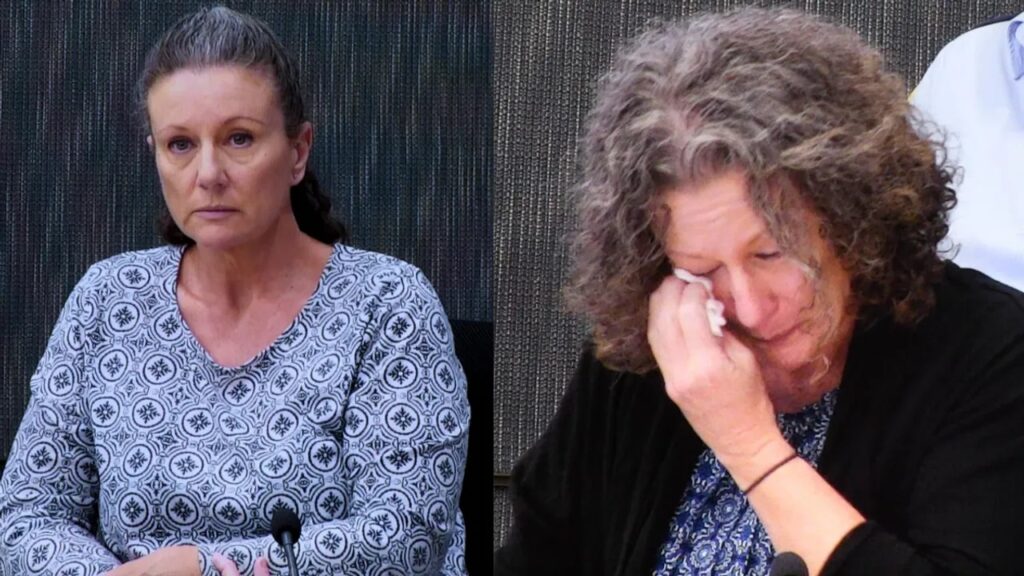Science Frees Convicted Killer

After enduring two decades behind bars for what was labeled as one of Australia’s most notorious cases of maternal-infant deaths, Kathleen Folbigg has been acquitted of murder charges following a breakthrough in the investigation. The Australian news agencies recently reported the resolution of a case that had dubbed Folbigg as ‘Australia’s worst serial killer.’
The harrowing saga began in 2003 when Kathleen Folbigg was convicted of allegedly smothering her four infants, who tragically died between 1989 and 1999. The children, all aged between 19 days and 18 months old, succumbed to mysterious circumstances, prompting suspicions and leading to Folbigg’s prosecution.
For two decades, Folbigg steadfastly maintained her innocence, asserting that the deaths were not the result of foul play but rather tragic, natural occurrences. Despite her pleas, she was sentenced to serve time in prison based on the prosecution’s claims that she intentionally caused the deaths of her infants.
The recent turn of events, marked by new scientific findings, has exonerated Folbigg, unraveling the long-standing mystery that haunted her for years.
The wrongful conviction of Kathleen Folbigg serves as a stark reminder of the importance of a thorough and unbiased judicial process. While the tragedy of losing four children is undeniable, the pursuit of justice requires a commitment to truth, even when it means reevaluating long-standing convictions.
As Folbigg walks free after two decades of incarceration, the case prompts reflection on the implications of relying solely on circumstantial evidence.
Repurposed article originally published in ShethePeople






